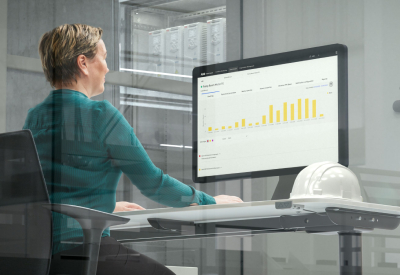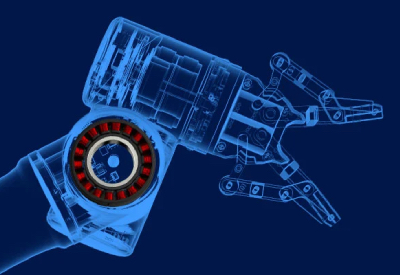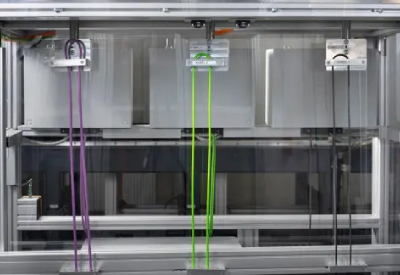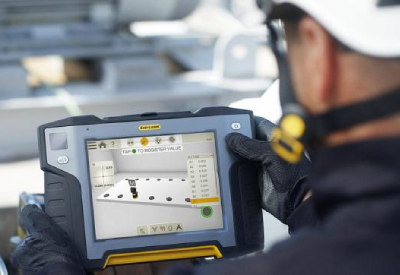Right Sized Packaging to Boost Sustainability
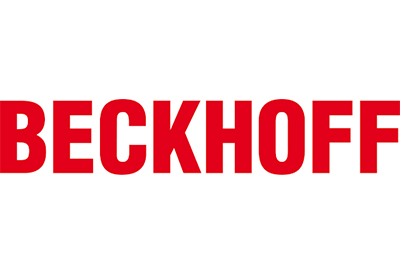
September 28, 2021
E-commerce has recently experienced an enormous rise in acceptance and success. At the same time, consumers increasingly value sustainability and avoiding the use of unnecessary packaging material. To address these trends Quadient, in Drachten, the Netherlands, developed a new packaging machine for the flexible, sustainable and cost-effective production of customized corrugated cardboard packaging. This system utilizes PC-based control, EtherCAT communication and drive technology from Beckhoff.
Development of the new CVP Impack machine concept commenced in 2012/2013, as Quadient project manager Cornelis Kooistra explains: “The idea for this new machine arose when one of our managers became dissatisfied after realizing that products were almost always packed in corrugated cartons that were too large. In particular, the packaging sent out by web shops contains more than 50% cushioning on average.” This occurs because of the extremely tight schedules when shipping goods, alongside the lack of suitable and sufficiently flexible packaging solutions. In turn, this not only wastes large amounts cardboard material but also creates unnecessary transport volume – resulting in all the associated consequences such as increased energy consumption and CO2 emissions together with higher work overhead and additional costs. “We developed the CVP Impack to eliminate all these disadvantages. This is the first packaging machine capable of producing cardboard boxes optimized in all three dimensions. Today, the CVP Automated Packaging systems are used by numerous ecommerce companies in Europe and North America allowing them to efficiently auto-pack in smart, fit-to-size parcels,” summarizes Cornelis Kooistra.
Sustainability and cost reductions
Using 3D scanning technology, Quadient’s automated packaging systems size, construct, weigh and label each individual order – regardless of whether it is made up of individual or multiple items in just a matter of seconds. In addition, the cartons are always designed to perfectly match the respective product, lowering the shipping volume by up to 50%. Cornelis Kooistra also explains that this system uses as much as 30% less cardboard material for the same products. Furthermore, this approach also eliminates empty space in the packaging and, therefore, the need for filling material. Waste products are also eliminated because the packaging process only leaves behind cardboard cuttings, which are then recycled and processed to make new cardboard.
With regard to the machine design, Cornelis Kooistra explains: “The mechatronic components are an essential part of the manufacturing process and ensure the corrugated carton roll is precisely unwound, positioned and cut. This process involves approximately 150 I/Os for the connected sensors, guard doors, lighting and valves, for example. In addition, there are 16 DC motors, 23 synchronous AC motors, six drum motors and three conveyor belts. The HMI module for plant operation and maintenance is another essential component. Furthermore, the machine is also equipped with an Industrial PC for data communication with the customer’s warehouse management and ERP systems.”
A new packaging order is read in via a bar code scanner. A 3D scanner measures the products to be packaged and generates an image of the entire product surface. The corresponding weight is also recorded and documented on the label. This label is then precisely positioned by the double label printer. Optionally, a robot module can be utilized to place an invoice inside the packaging. The process is monitored by a total of eight cameras.
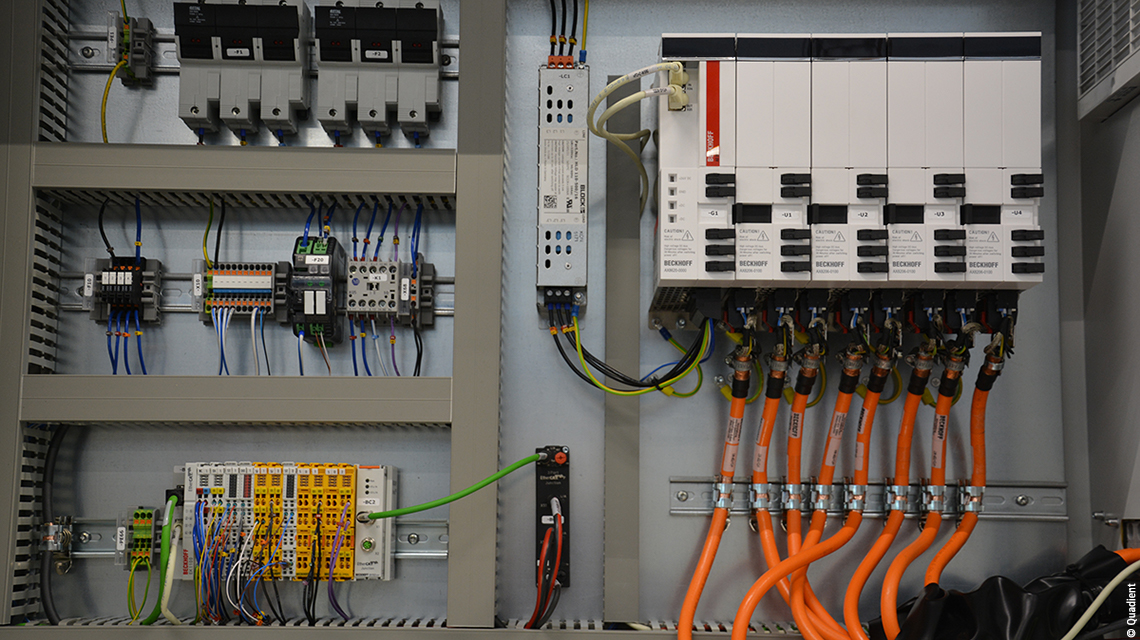
Modernization with PC-based control and EtherCAT
Cornelis Kooistra explains the current control and drive technology: “At the end of 2019, Beckhoff technology was used in the CVP Impack for the first time. The AX8000 multi-axis servo system is an especially important product for us in this regard, as it supports the efficient One Cable Technology (OCT) employed by the AM8000 servomotors. We use a CX2020 Embedded PC with the familiar TwinCAT 3 automation software to control the machine. In addition, TwinSAFE I/Os ensure machine safety.”
According to Cornelis Kooistra, the communication system forms the foundation for the machine’s performance: “EtherCAT plays a crucial role in achieving the high accuracy and predictability of the packaging process. All actions and steps can be recorded precisely, and our machines actually generate ‘big data’ that can then be saved and processed on a server via the Internet. Both we and our customers access this data in order to use it for predictive maintenance, incident analysis or machine optimization, for example. EtherCAT enables us to control the system in real time while also tracking machine data quickly and seamlessly which we provide to internal and, in particular, external analysts.”
According to Cornelis Kooistra, the fact that EtherCAT has become an established global communication standard with a correspondingly broad range of EtherCAT devices from diverse manufacturers is yet another advantage: “This is highly beneficial for OEMs. Together with the open system design typical for PC-based control, it enables us to expand our own software modules with new and even external modules and to easily reuse existing modules.”
The next generation of automated packaging
In early-2020, Quadient introduced its next-generation auto-boxer: The CVP Everest does everything that the CVP Impack does, but it boasts higher throughput capabilities that address the needs of the modern e-commerce fulfilment center. With a maximum speed of 1,100 boxes per hour, the CVP Everest is the fastest automated packaging solution on the market for fit-to-size boxes. Like the CVP Impack, the machine auto-boxes single- and multi-item orders without the need for additional equipment or operators, thus saving companies valuable time and money.


